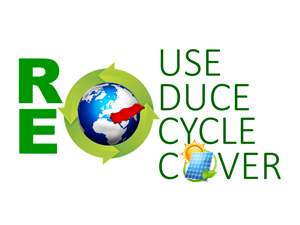Published online by Cambridge University Press: 01 September 2020

Circular energy transformation of Turkey is essential to strengthen the national energy security. Turkey will benefit from moving towards a circular economy.
Circular economy (CE) has gained much attention due to global warming and climate change which are the most serious issues faced in the world. The United Nations has been struggling with the issues regarding sustainable development by releasing some programs and legislations, which are mostly supported by the EU. The EU's CE including both economy and energy within the scope of low-carbon world is binding for Turkey's energy transition. Among renewables, solar energy preserved the leading capacity expansion with an increase of 98 GW in 2019 in the world. Solar photovoltaic (PV) has become a mainstream energy source among renewables. Since the PV installation has been growing all around the world, several countries especially China, Germany, and the UK pay special attention to a sustainable PV waste management concept. We present the special case of Turkey within the global CE along with the current status of renewable energy in the global energy transformation. Turkey's energy outlook and the EU's targets are reviewed, and the significant role of solar energy in the CE transition process of Turkey has been revealed. We suggested adding a vision of “More Circular” to her new energy policy “More Domestic, More Renewable.”